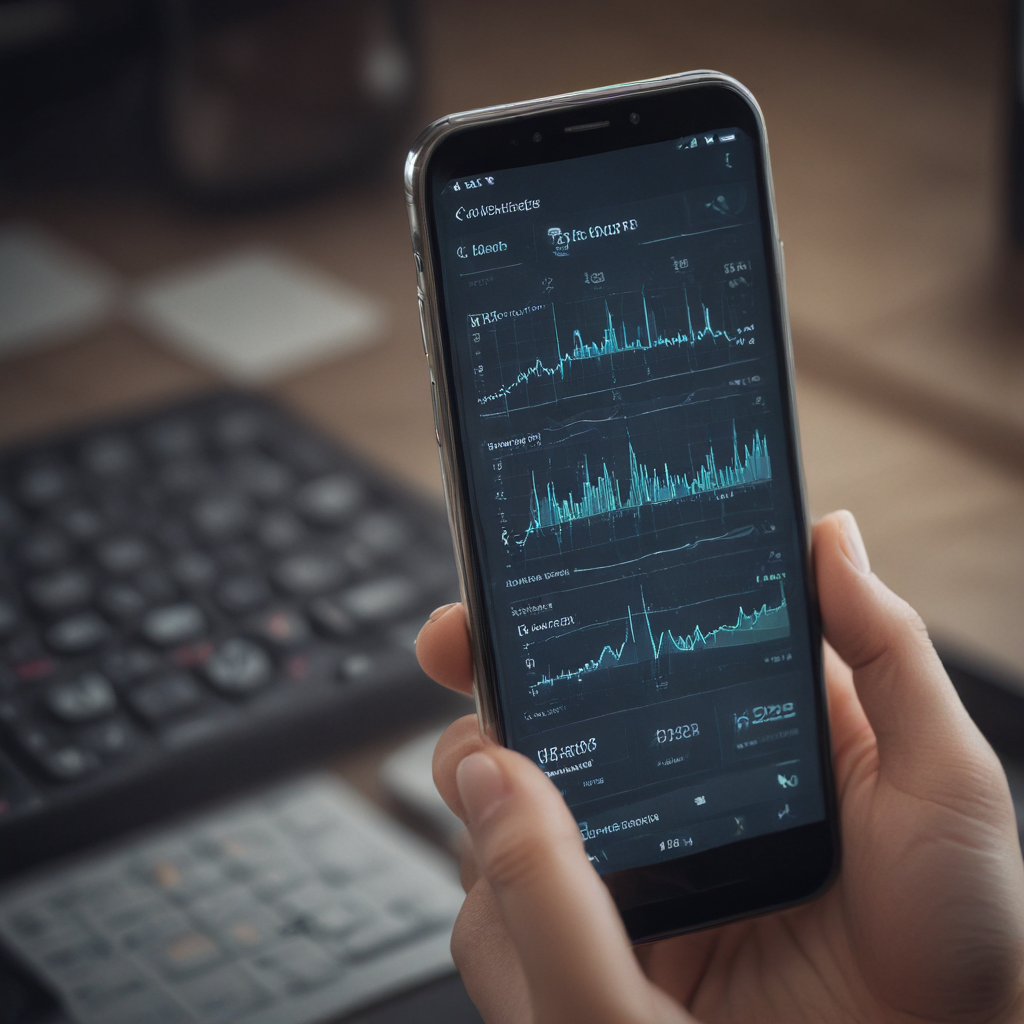
The Role of Predictive Analytics in Enhancing Mobile Apps
1. Introduction
In today's competitive mobile app landscape, businesses are constantly seeking innovative ways to improve user experiences and drive app success. One transformative approach that has gained significant traction is the integration of predictive analytics. Predictive analytics empowers mobile apps with the ability to anticipate user behavior, personalize experiences, and make informed decisions, leading to enhanced engagement and retention. By understanding the potential of predictive analytics, app developers can unlock new possibilities for their apps.
2. Benefits of Predictive Analytics for Mobile Apps
The integration of predictive analytics into mobile apps offers a myriad of benefits, including:
Real-time personalization and tailored experiences: Predictive analytics enables apps to tailor content, recommendations, and interactions based on individual user preferences and behaviors. This personalized approach enhances user satisfaction, loyalty, and app usage.
Improved user engagement and retention: Predictive models can identify users at risk of churn and suggest targeted incentives or interventions to keep them engaged. By understanding user engagement patterns, apps can nurture relationships and promote long-term app usage.
Predictive maintenance and proactive support: Predictive analytics can forecast potential app issues or user difficulties. This foresight enables app developers to proactively address problems before they impact users, leading to seamless app experiences and increased user satisfaction.
6. Integrating Predictive Analytics into Mobile Apps
Embedding predictive analytics into mobile apps requires technical expertise and careful planning. API integration allows apps to access predictive models and utilize their insights. By embedding models within the app, real-time predictions can be made based on user interactions and context. This integration empowers apps to make informed decisions, personalize experiences, and respond swiftly to user needs.
7. Case Studies: Successful Implementations
Numerous successful implementations showcase the transformative power of predictive analytics in mobile apps. Netflix uses predictive models to recommend personalized movie and TV show recommendations, resulting in increased user engagement and reduced churn. Spotify leverages predictive analytics to create customized playlists tailored to individual music preferences, enhancing user satisfaction. These case studies demonstrate the tangible value and benefits that predictive analytics can bring to mobile apps.
8. Challenges and Limitations
While predictive analytics offers immense potential, it also poses certain challenges and limitations. Data privacy concerns require careful consideration, as predictive models rely on user data. Balancing accuracy with computational efficiency is crucial to avoid compromising app performance and battery life. Ethical considerations and algorithmic bias must be addressed to ensure fairness and transparency in predictive decision-making.
9. Future Trends and Opportunities
The future of predictive analytics in mobile apps holds exciting possibilities. Advancements in machine learning and artificial intelligence (AI) will enable more accurate predictions and personalized experiences. Integration with emerging technologies like augmented reality (AR) and virtual reality (VR) will create innovative applications, further enhancing user engagement and creating immersive experiences.
10. Conclusion
Predictive analytics has emerged as a game-changer for mobile apps, unlocking new possibilities for personalization, improved user experience, and proactive decision-making. By understanding the benefits, challenges, and future trends of predictive analytics, app developers can leverage its transformative power to create mobile apps that stand out in the competitive landscape and deliver exceptional experiences to users.
FAQs (Frequently Asked Questions)
Q: What is predictive analytics?
A: Predictive analytics is a field of data analysis that uses statistical and machine learning techniques to identify patterns and predict future outcomes.
Q: How can predictive analytics improve mobile apps?
A: Predictive analytics enhances mobile apps by enabling personalized experiences, improving user engagement, and optimizing predictive maintenance.
Q: What data sources are used for predictive models in mobile apps?
A: Relevant data sources include user behavior, demographics, app usage, and sensor data.
Q: Are there any risks associated with using predictive analytics in mobile apps?
A: Data privacy and ethical considerations must be addressed, along with the potential for algorithmic bias in decision-making.
Q: What are the future trends in predictive analytics for mobile apps?
A: Advancements in AI and machine learning will drive more accurate predictions, while integration with emerging technologies will create innovative and immersive experiences.


